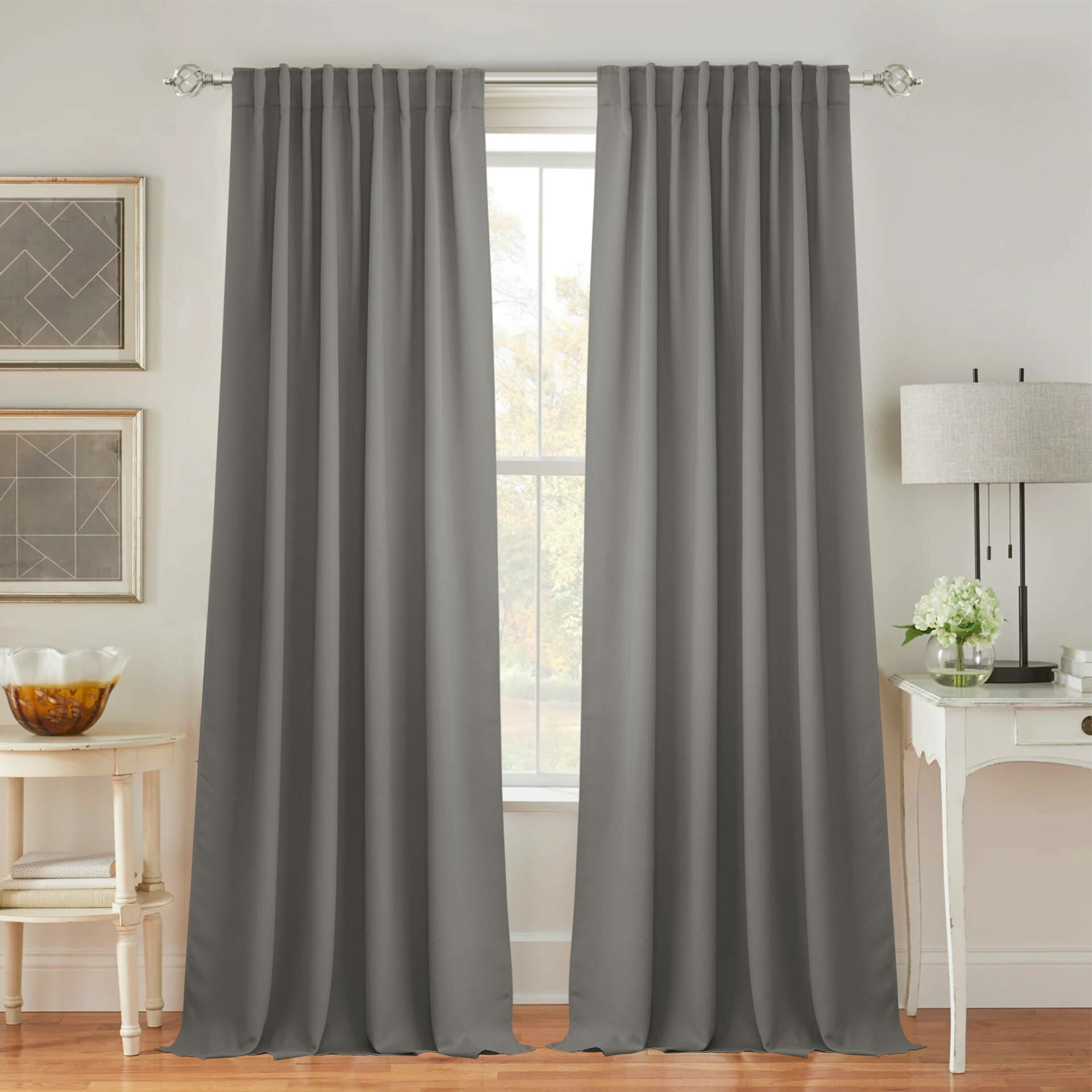On October 12, 2022, the U.S. Energy Information Administration (EIA) released its Winter Fuels Outlook forecasting increased heating costs for homes that heat with natural gas, heating oil, electricity, and propane.
Increased Heating Costs for the 2022-23 Season
The EIA projected increases of 28 percent for homes that heat with natural gas, 27 percent for oil-heated homes, 10 percent for electric-heated homes, and five percent for propane-heated homes from October–March.
Natural gas
Nearly half of all U.S. households heat primarily with natural gas. The EIA predicts a 28 percent increase in heating bills this winter for homes that use natural gas, which brings average spend to $930 per household. The forecasted increase comes as a result of both higher expected prices and higher consumption.
Heating oil
According to the EIA, four percent of U.S. households (mainly in the Northeast) use heating oil as their primary fuel. The EIA predicts average retail prices this winter for heating oil will be 16 percent higher than last winter. That equates to a total of about $2,350 per household this winter, which is a 27 percent increase from last winter. There is also an expected increase in oil consumption, averaging about 520 gallons per household -- a nine percent increase from last winter. Heating oil prices have been rising due to many factors such as higher refining margins and low imports.
Electricity
When it comes to electric-heated U.S. households, the EIA forecasts a 10 percent increase in energy bills meaning homeowners will spend an average of $1,360 this winter. This increase is based on an expected four percent increase in electricity consumption and six percent increase in residential electricity prices.
Propane
Finally, the EIA says that five percent of U.S. households use propane as their main heat source. Predictions state that households in the Northeast will spend an average of $1,970 this winter -- an eight percent increase from last year. Households in the Midwest and South are expected to spend five percent ($80) more for propane this winter, driven by higher expected consumption. This equates to about $1,650 for Midwest homes and $1,510 for homes in the South.
LIHEAP Grants
LIHEAP, which stands for Low Income Home Energy Assistance Program, helps families living on low incomes pay their heating bills in the form of grants. The season opens Tuesday, November 1, 2022 and is expected to close on Friday, April 28, 2023. To learn more about LIHEAP and how to apply for grants, click here.
Tips to Lower Heating Bills
Although heating costs are expected to rise across the board, there are ways you can increase your comfort and save a little on energy bills.
Hang thick curtains

Heat can escape through drafty windows and lead to decreased comfort and increased heating bills. By using thick, heavyweight, lined, or thermal-resistant curtains to cover your windows, you can reduce your home's heat loss by around half. Not only will your home feel warmer, but you'll be able to lower the thermostat as a result and save some money on energy bills.
Seal leaks
Another reason you could be throwing money out the window -- literally -- is from cracks or gaps in windows and doors. Try sealing any holes around window frames with minimal expanding foam. Inspect your doors and try installing a door sweep on an exterior door to block cold air from entering or maybe updating the weather stripping on the door jambs.
Add insulation
Poor or damaged insulation in your attic or walls could definitely be a reason your home may not be reaching the desired temperature, and therefore costing you more money. It could be as simple as adding more insulation to lighter spots or calling a professional and having them install a better grade of insulation.
Use a programmable thermostat
Programming your preferences will ensure that your heater doesn't run when it doesn't need to. You can even opt for a smart thermostat, which will allow for even more customization and energy savings.
Schedule annual maintenance
Annual maintenance will ensure your heater is running efficiently before it gets too cold out. If everything is running properly, your heater won't work harder than it has to and won't cost you more money.
If you live in the Delaware Valley/Greater Philadelphia area and would like to find comfort within your home, visit our website or give us a call at 215 - 245 - 3200 to learn more.



